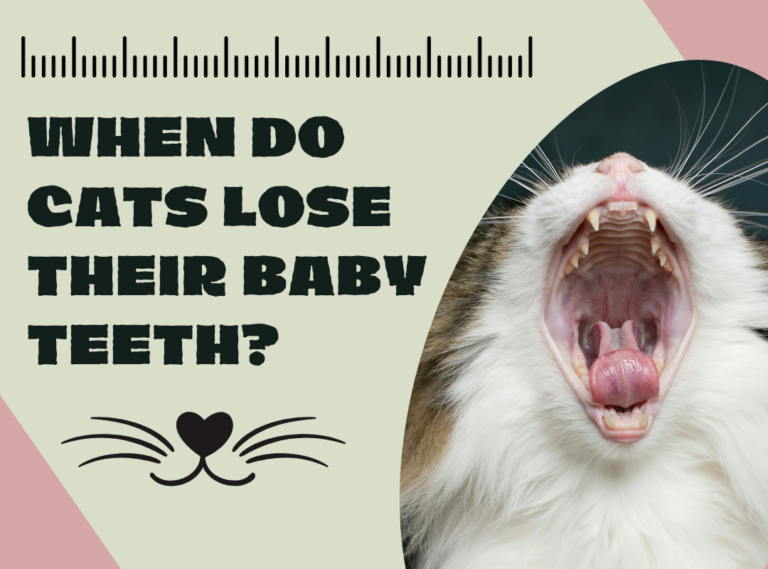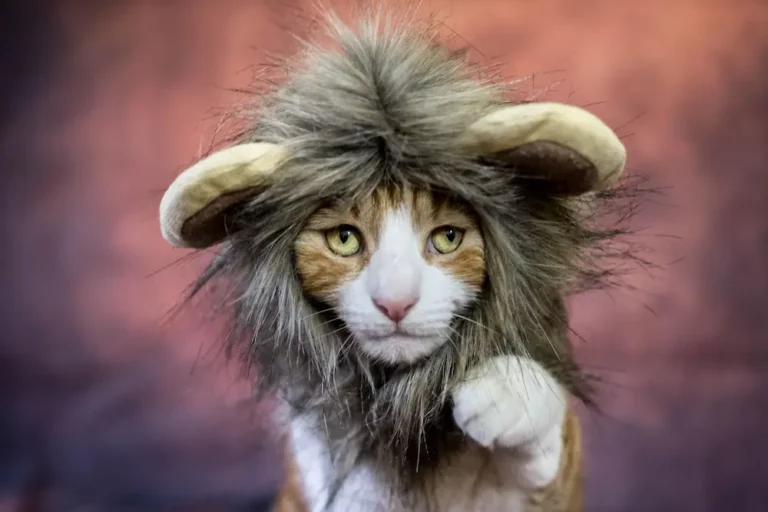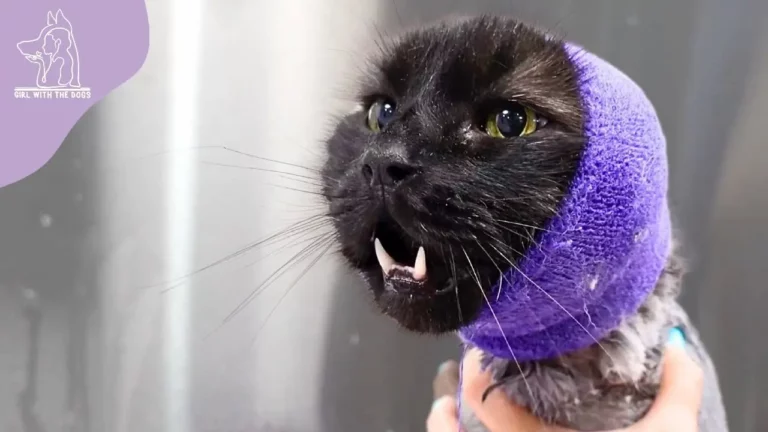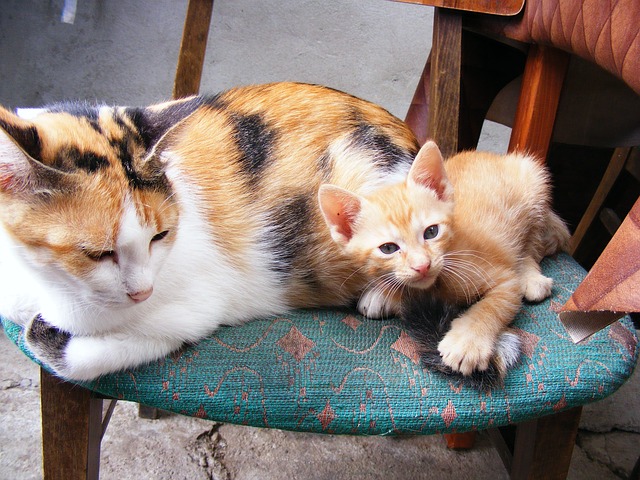6 Things Cats Secretly Hate and Wish You'd Stop Doing
As a
From overly aggressive petting to loud, sudden noises, our well-meaning actions can actually cause them stress.
And let’s not forget the importance of a clean litter box or respecting their personal space. Ever noticed how your
There’s a lot more to that than meets the eye. Let’s explore these hidden pet peeves and understand how to make our cats happier.
Overly Aggressive Petting
Cats often dislike overly aggressive petting because it can overwhelm their sensitive nerves.
I’ve noticed my
Cats have a lot of nerve endings in their skin, making them highly sensitive to touch. When I pet my
It’s like she’s trying to tell me that the intensity of my affection is just too much for her.
Gentle, consistent strokes are what she craves. I’ve learned to read her body language; if her tail starts twitching or her ears go back, it’s a sign she’s had enough.
It’s essential to pay close attention to these signals.
Sometimes, a simple pause in petting can make all the difference.
I wait for her to come back to me, showing she’s ready for more affection.
Loud and Sudden Noises
Loud and sudden noises can easily startle and stress out our feline friends.
Cats have incredibly sensitive hearing and an instinctual response to sudden, unexpected sounds.
They might dash under the nearest piece of furniture or puff up in fear, which can be quite distressing for them.
Everyday noises like vacuum cleaners, loud music, or even slamming doors can trigger these reactions.
I’ve noticed that my
The abruptness and intensity of these sounds can make them feel unsafe in their own home.
It’s heartbreaking to see them so scared.
To help ease their anxiety, I try to create a calming environment by providing a quiet, cozy space where they can retreat.
Soft, soothing music or white noise can sometimes help mask the more jarring sounds.
If you’re aware of upcoming events that might involve loud noises, like a party or construction work, consider preparing in advance.
You could keep your
Small steps like these can make a big difference in reducing their stress.
Dirty Litter Boxes
Maintaining a clean litter box is vital because even the slightest neglect can lead to behavioral issues and stress for our
Cats are naturally clean creatures, and a dirty litter box can be a significant source of discomfort for them.
When their litter box isn’t clean, they might start avoiding it altogether, opting instead to relieve themselves in less desirable places around the house.
I know it can be easy to overlook litter box maintenance, especially with a busy schedule, but it’s important to establish a routine for scooping and cleaning.
Aim to scoop the litter box at least once a day and do a full clean with soap and water weekly.
This minimizes odors and ensures the litter remains pleasant for your
It’s also important to monitor the type of litter you’re using. Some cats are picky and might prefer one type over another.
Clumping litter is often a good choice as it makes the scooping process easier.
Excessive Handling
While we love cuddling with our beloved pets, too much handling can actually stress them out. Cats are naturally independent creatures, and they value their personal space.
It’s crucial to recognize that our cats may not enjoy constant petting or being picked up frequently.
Overhandling can lead to anxiety, making them feel trapped or overwhelmed.
I’ve noticed that my
She might squirm, flick her tail, or even give a gentle nip to signal she’s had enough. It’s important to pay attention to these cues.
By respecting their boundaries, we can create a more trusting and loving relationship with our cats.
Instead of constantly picking them up or holding them, try to engage in activities they enjoy, like playing with toys or simply sitting nearby.
Give them the freedom to come to you when they’re ready for affection. This approach not only reduces their stress but also makes the moments of connection more meaningful.
Balancing our desire for closeness with their need for independence ensures a happier, healthier relationship. Remember, less can sometimes be more when it comes to handling our cats
Ignoring Personal Space
One thing I’ve learned is that cats truly value their personal space.
They might be affectionate when they want to be, but they’re also fiercely independent creatures.
When a
Ignoring this and constantly invading their space can stress them out, making them feel trapped and anxious.
I’ve noticed that respecting a
It’s about reading the subtle signs—like a flick of the tail or a gentle push with their paw—that signal they’ve had enough interaction for now.
Creating a peaceful environment where they can withdraw without interruption is essential. It’s important to remember that, just like us, cats need their own sanctuary.
Unfamiliar Environments
Cats also have a strong aversion to unfamiliar environments, which can cause them significant stress and anxiety.
You might notice that when you move to a new home, take them to the vet, or even rearrange the furniture, your
They might hide, refuse to eat, or exhibit signs of stress like excessive grooming or scratching.
Cats are creatures of habit. They thrive on routine and familiarity, so when their surroundings change drastically, it can be quite overwhelming for them. To make adjustments smoother, try to introduce new environments gradually.
If you’re moving, set up a quiet, secure room with their favorite toys, bed, and litter box before introducing them to the rest of the house.
When you have to take them somewhere new, such as the vet, bring along a blanket or toy that smells like home.
This can provide some comfort and a sense of security.
Patience is key; give your
Understanding and respecting their need for a stable environment can greatly reduce their anxiety, making for a happier, healthier cats.
Conclusion
Understanding what cats secretly dislike helps us create a happier environment for them. Surprisingly, a study found that 64% of cats show signs of stress when their personal space is ignored.
By avoiding overly aggressive petting, loud noises, dirty litter boxes, excessive handling, and sudden changes, we can greatly improve their well-being. Let’s respect their boundaries and provide a stable, clean, and quiet home.
Your






